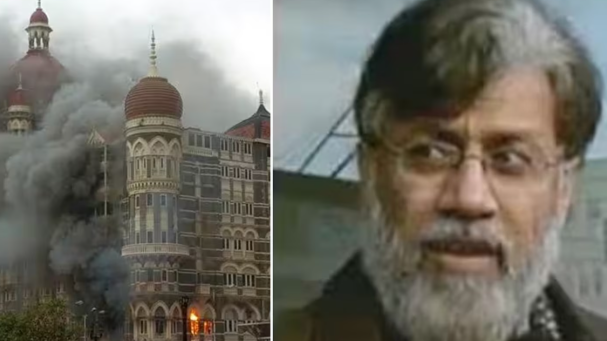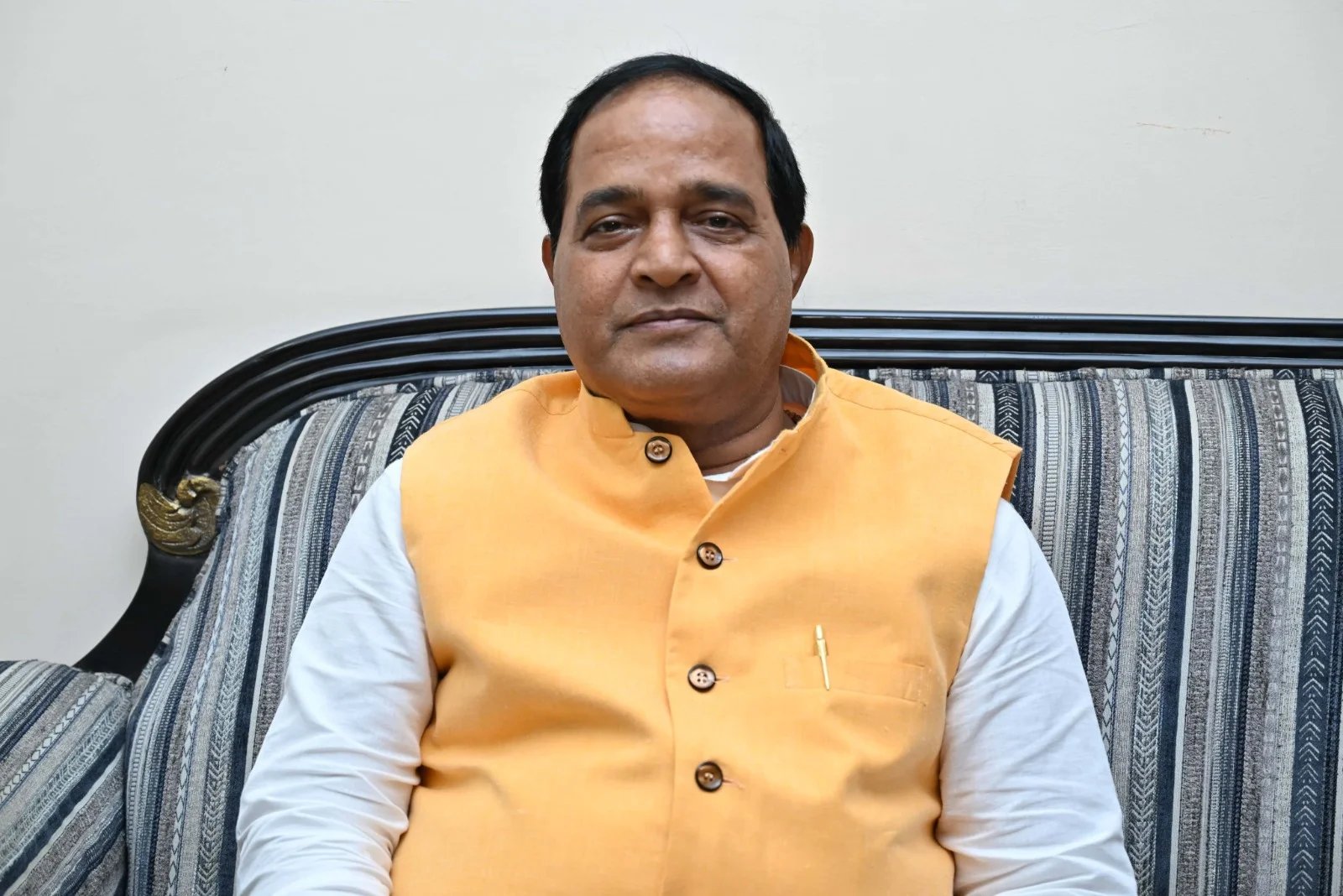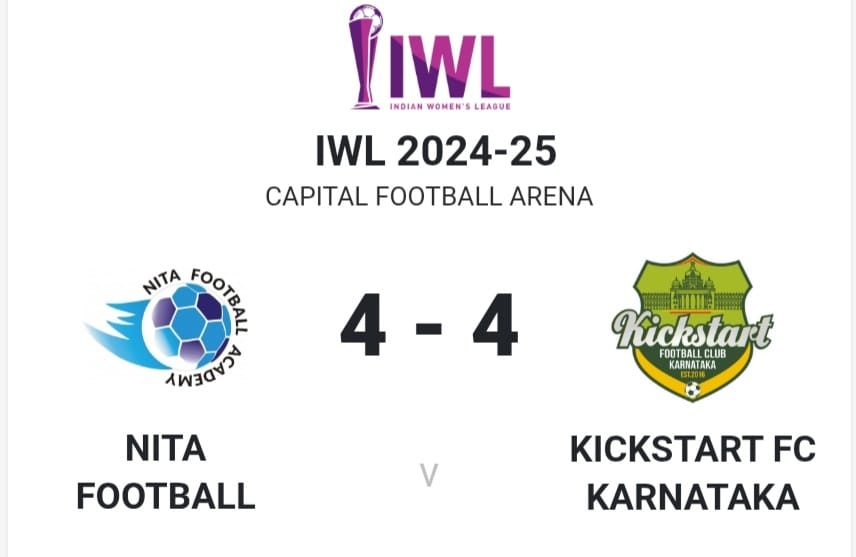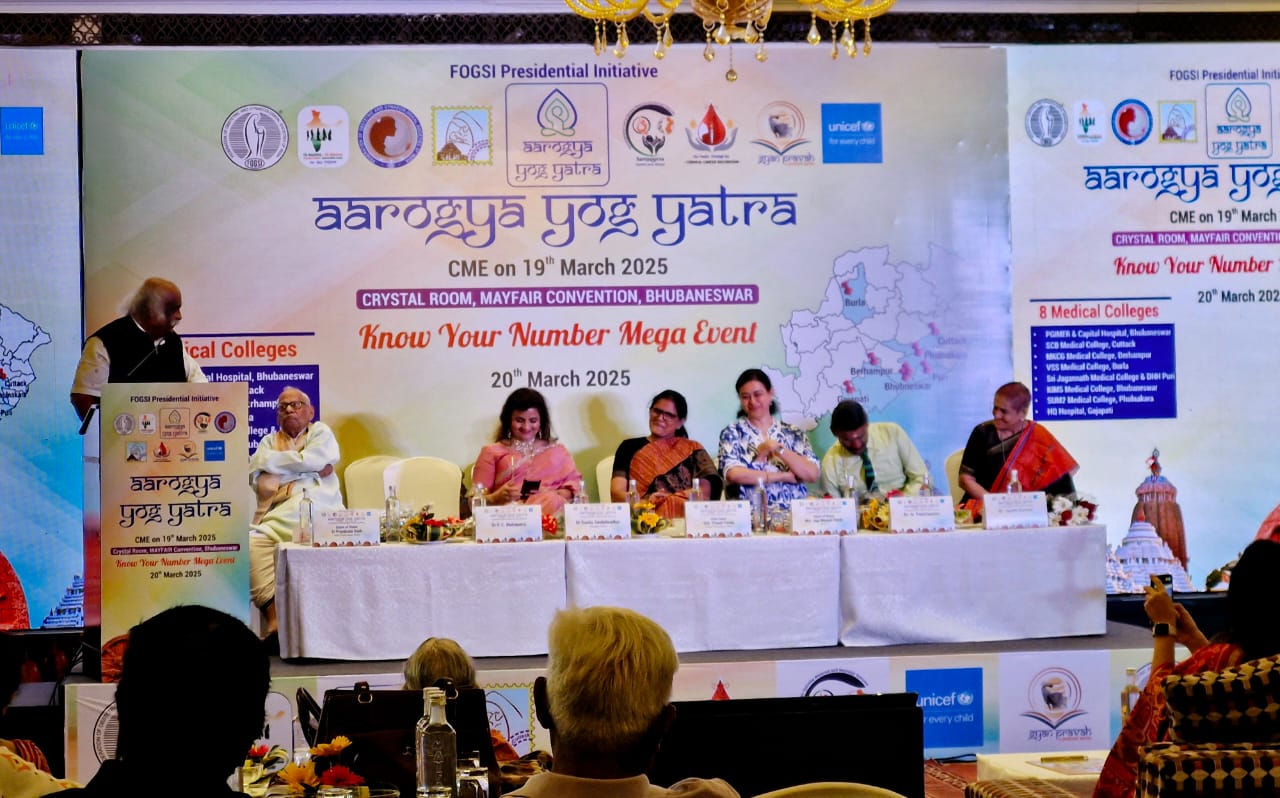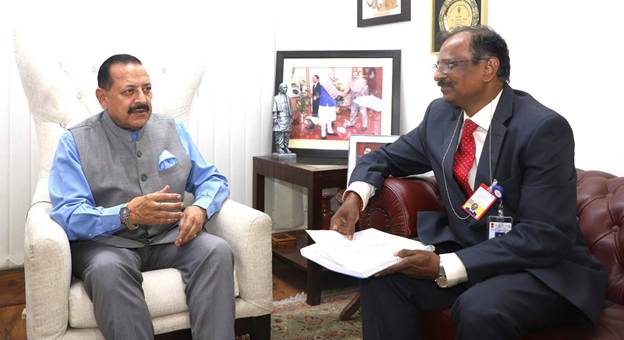
International Space mission carrying Indian astronaut scheduled in May
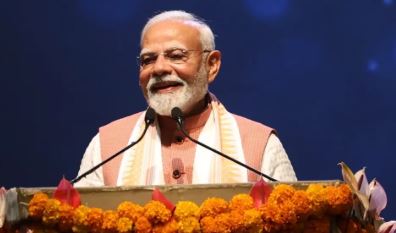
Gita and Natyashastra in UNESCO’s Memory of the World Register: A global recognition to our wisdom
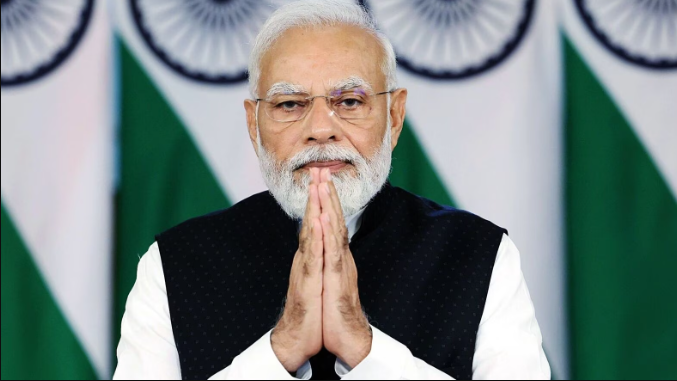
PM Modi pays tribute to Sri Guru Teg Bahadur on Parkash Purab

4.5 lakh new IT jobs in 2025: AI, ML Engineers of more demand
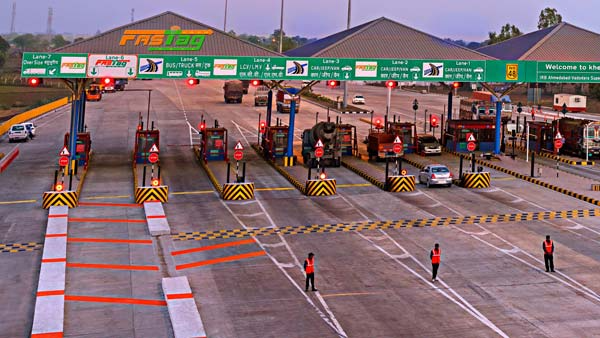
No satellite-based toll gate now: ANPR-FASTag systems to be trialed

No GST on UPI transactions over ₹2,000, clarifies Finance Ministry

Odisha Cadre IAS Nikunja Bihari Dhal on deputation to Ministry of Parliamentary Affairs
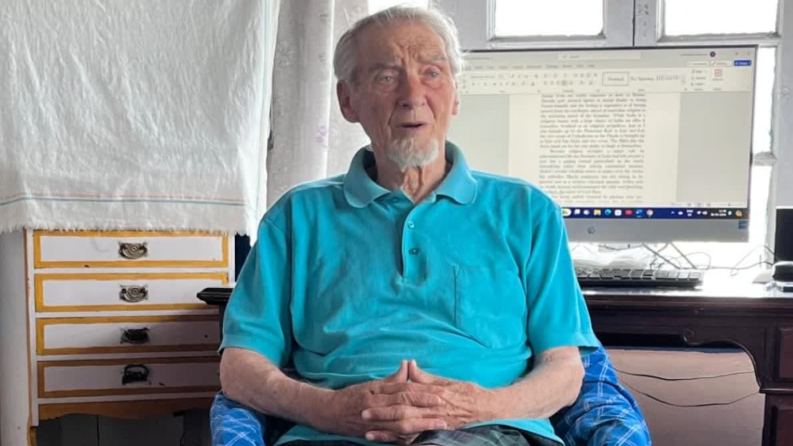
Renowned Travel Writer Bill Aitken passes away at 90
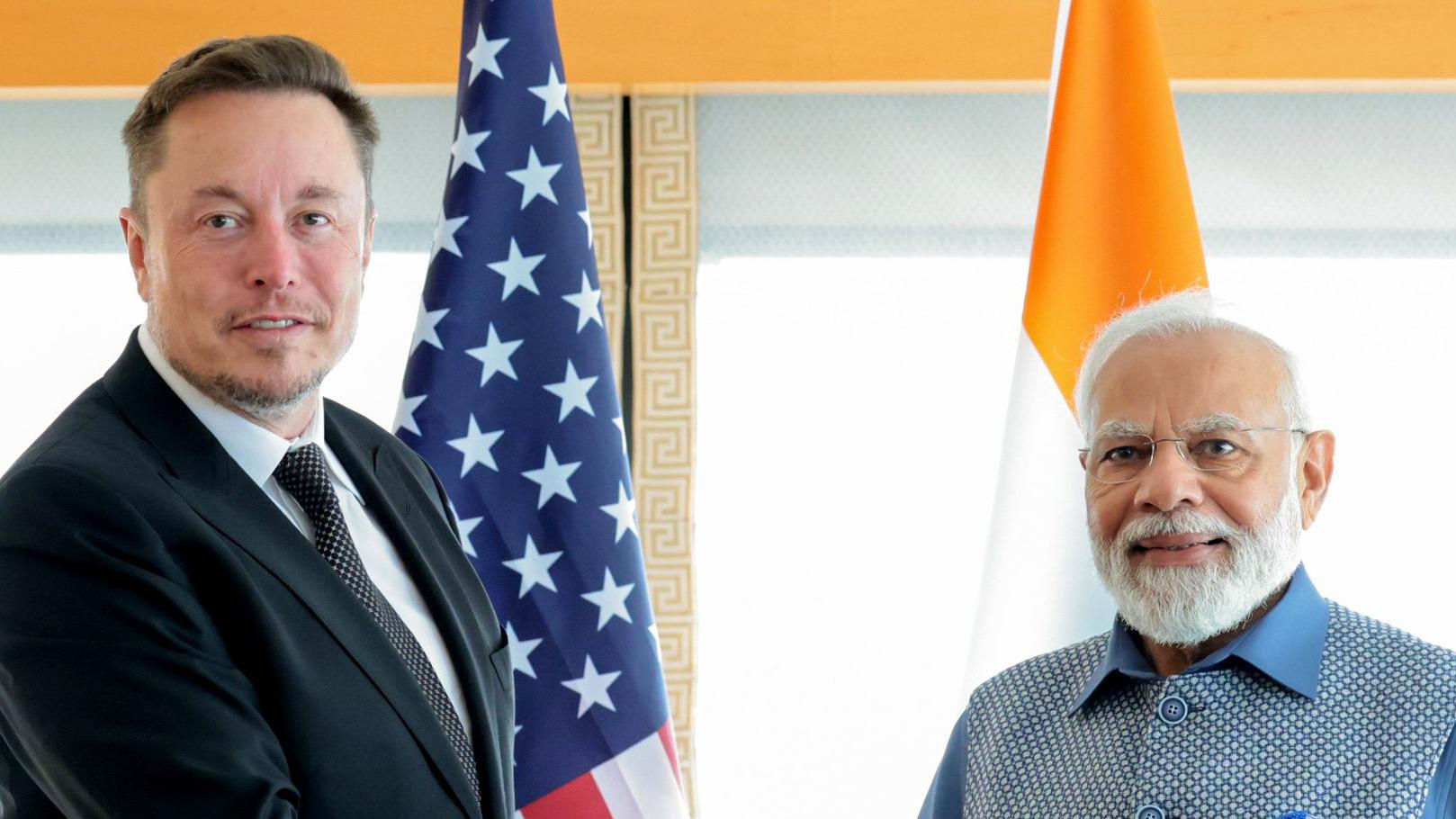
PM Modi speaks to US billionaire Elon Musk over phone call

Good Friday 2025: PM Modi remembers courage & sacrifices of Jesus Christ

Gold price in India remain steady today
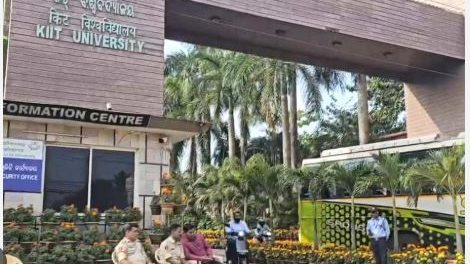
Odisha KIIT University issue raised in Parliament: MEA asserts legal action

Harekrushna Mahtab is alive for crafting new Odisha of his dream: Nitin Gadkari
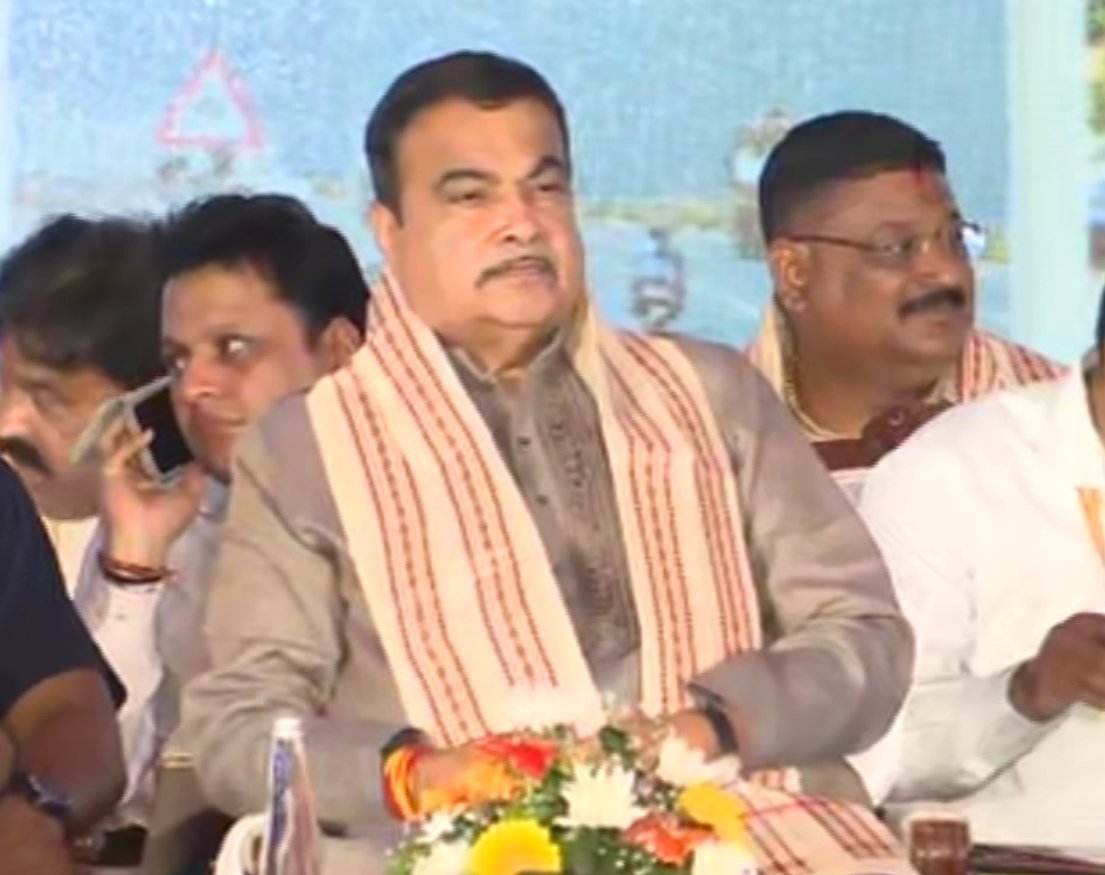
Odisha to get NH network of America standard: Gadkari
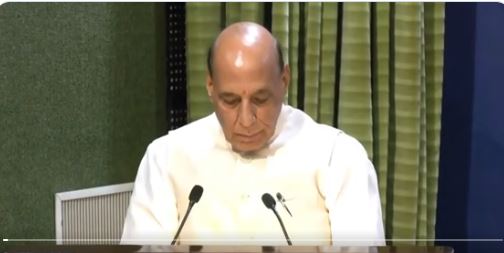
India to emerge as number one military power in the world: Raksha Mantri

Coal Import Monitoring System (CIMS) Portal: Registration fee rationalized

Mehul Choksi arrest: Indian govt pursuing extradition, says MEA
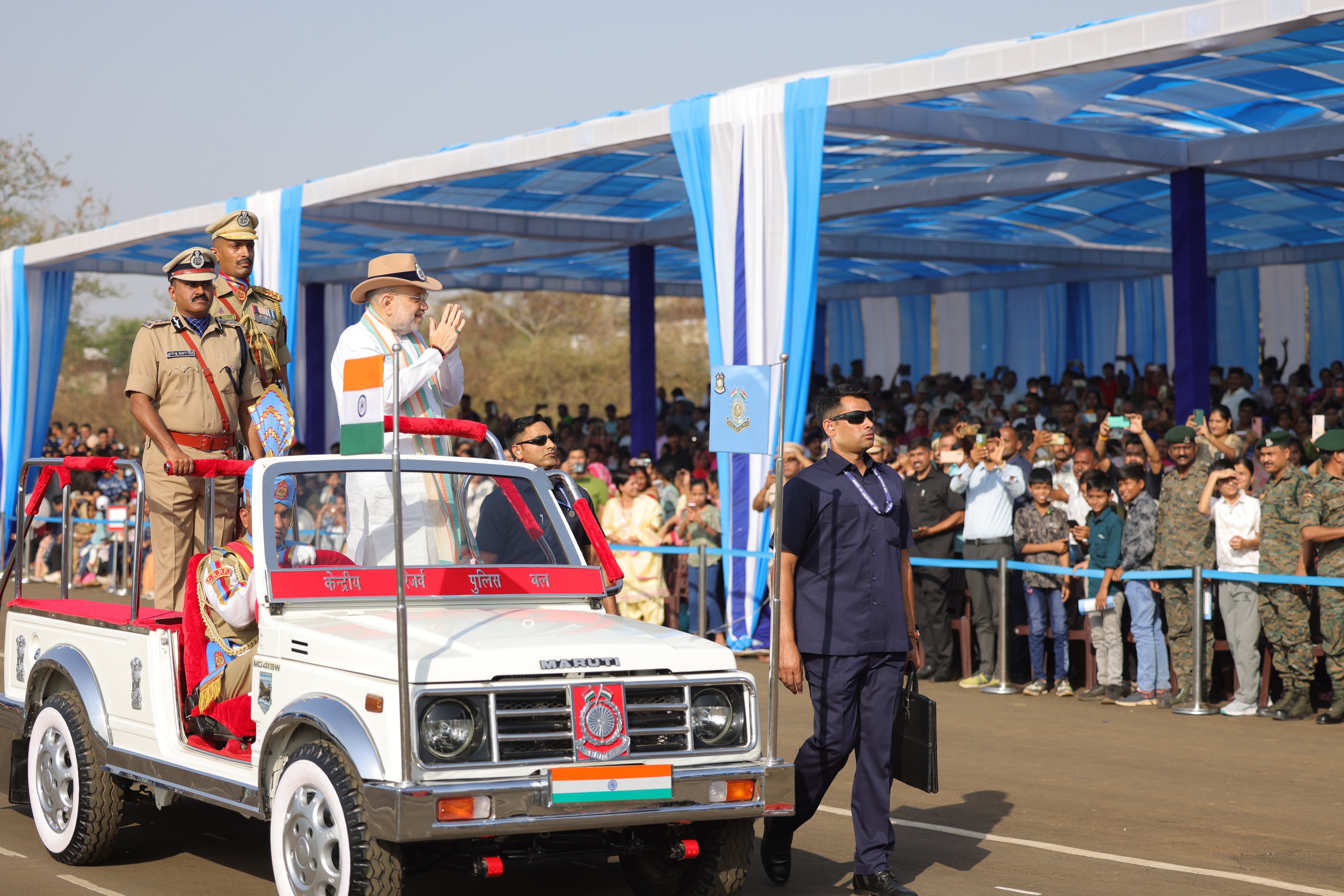
CRPF will play the biggest role in making the country free from Naxalism
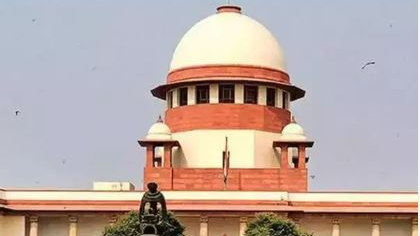
Supreme Court directs Centre to respond on Waqf Law challenge within a week

Neeraj Chopra starts the New Season with a throw of 84.52m at Potchefstroom Invitational Event
